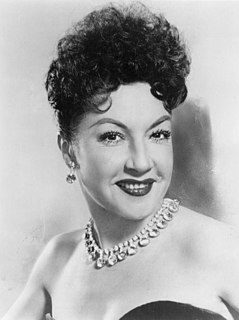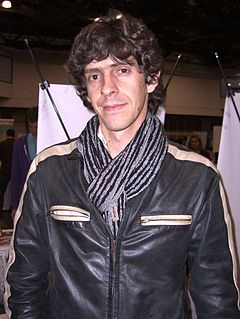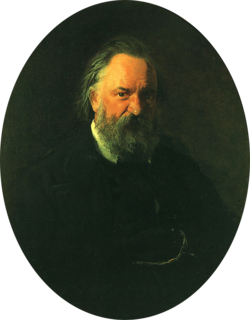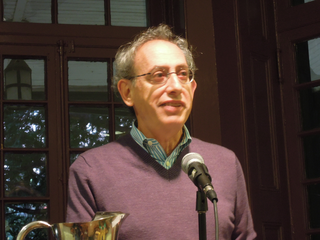A Quote by Napoleon Bonaparte
After me, the Revolution - or, rather the ideas which formed it - will resume their course. It will be like a book from which the marker is removed, and one starts to read again at the page where one left off.
Related Quotes
The only things I read are gossip columns. If I read three pages of a book, I'm out like a light. When I pick up the book again, I've forgotten what I've read and have to start over again. By page three, even if I've just awakened from a nine -hour nap, I fall asleep again. So if anyone gives me a book, it had better have lots of pictures.
There is no other course but the one we have chosen, except the course of humiliation and darkness, after which there will be no bright sign in the sky or brilliant light on earth? All this will make us more patient and steadfast, and better prepared for the battle which God blesses and which good men support. Then there will only be a glorious conclusion, where a brilliant sun will clear the dust of battle, and where the clouds of battles will be dispelled.
This socialism will develop in all its phases until it reaches its own extremes and absurdities. Then once again a cry of denial will break from the titanic chest of the revolutionary minority and again a mortal struggle will begin, in which socialism will play the role of contemporary conservatism and will be overwhelmed in the subsequent revolution, as yet unknown to us.
Books help to form us. If you cut me open, you will find volume after volume, page after page, the contents of every one I have ever read, somehow transmuted and transformed into me just as my genes and the soul within me make me uniquely me, so I am the unique sum of the books I have read. I am my literary DNA.
You will want a book which contains not man's thoughts, but God's - not a book that may amuse you, but a book that can save you - not even a book that can instruct you, but a book on which you can venture an eternity - not only a book which can give relief to your spirit, but redemption to your soul - a book which contains salvation, and conveys it to you, one which shall at once be the Saviour's book and the sinner's.
What I do usually is read the book first, for pleasure, to see if my brain starts connecting with it, as a movie. And then, if I say yes, I read it again, only this time I take a pen and, inside the book, I say, "Okay, this is a scene. I don't need this. I'm going to try this. I'm not going to take this." And then, I use that book like a bible and each chapter heading, I write a menu of what's in that chapter, in case I ever need to reference it. And then, I start to outline and write it. I get in there and it starts to evolve, based on having re-read it again.
The book, as it stands, seems to me to be one of the most frightful muddles I have ever read, with scarcely a sound proposition in it beginning with page 45 [Hayek provided historical background up to page 45; after that came his theoretical model], and yet it remains a book of some interest, which is likely to leave its mark on the mind of the reader. It is an extraordinary example of how, starting with a mistake, a remorseless logician can end up in bedlam.
Beauty is like a train that ceaselessly roars out of the Gare de Lyon and which I know will never leave, which has not left. It consists of jolts and shocks, many of which do not have much importance, but which we know are destined to produce one Shock, which does...The human heart, beautiful as a seismograph...Beauty will be CONVULSIVE or will not be at all.
...the French Revolution gave rise to ideas which led beyond the ideas of the entire old world order. The revolutionary movement which began in 1789... gave rise to the communist idea which Babeuf's friend Buonarroti re-introduced in France after the Revolution of 1830. This idea, consistently developed, is the idea of the new world order.
Heidegger wrote a book called Was Ist Das Ding - What Is a Thing? which was kind of interesting and influential to me, as a matter of fact. It's a small paperback, which I read. It's about the nature of thingness; what is it? It's a very penetrating analysis of that, and I think a rather influential book. I know other artists who have read it and come up with it.
It takes me about a week and a half to read the typical book. I don't know how many ten-day spans I have left. Eventually the unread books on my shelves will have to be abandoned, or they will join me on the pyre. The book I'm about to purchase may be among them. We all buy books we won't live to read.
I have rarely read a more wonderful book than To Win Her Favor by Tamera Alexander. Rich with historical detail and fully developed characters, this novel held me spellbound until the last page. If you read one historical novel this year, make it To Win Her Favor. It will linger with you long after the last page.











































